FIDES Manifesto
The Internet, Artificial Intelligence, and other forms of digitalization are rapidly changing the world, offering significant economic opportunities and solutions to global challenges. However, they also introduce new challenges such as fake news, cybercrime, and digital inequality. Unlike the physical world, the digital realm suffers from a lack of comprehensive regulation. This is due to the rapid pace of technological advancement and the global nature of the internet, which transcends traditional legislative boundaries. As a result, organisations, states, communities, and individuals often navigate digital technology based on their own standards.
Trust is a cornerstone of any society, including the digital society. The full potential of digitalization hinges on the trust people place in both the technology and the parties that provide services with the technology. Without significant improvements in digital trust, many technological opportunities may remain unfulfilled. Achieving digital trust requires collective action and consensus among a diverse group of public and private organisations and individuals.
The FIDES Manifesto outlines principles to guide the improvement of digital trust in the coming years. It serves as a non-binding but agreed set of principles for designing and implementing digital solutions and ecosystems, promoting continuous improvement alongside technological advancements. Every entity - individual, public, or private - is invited to ratify the FIDES Manifesto and embrace this shared vision of Digital Trust, encouraging collective efforts from which we all benefit.
We believe that Digital Trust …
1 … must protect people’s rights
While digital technology should prioritise ease of use, it must also actively preserve the rights and values of users. By emphasising the protection of individual rights during the design process, this will result in more secure and respectful environments that uphold privacy and foster trust.
2 … depends on transparency and verifiability
Digital trust thrives on inclusive, multi-stakeholder ecosystems that safeguard digital autonomy, ensuring that stakeholders’ interests are harmoniously aligned. Commitment to transparency ensures that technology and governance within ecosystems can be fully transparent, making processes and policies clear and verifiable.
3 … must ensure freedom of choice
Individuals and organisations autonomously decide which digital technologies to trust, as no one can be forced into trusting a specific solution. Digital trust flourishes when there is freedom to choose among digital solutions, ensuring that engagement with digital systems and services is driven by informed decision-making. This supports autonomy and respects the preferences of all users and stakeholders.
4 … requires open standards & interoperability
Open standards allow for broad adoption and seamless integration across different platforms and systems. Open source solutions enhance transparency and support the collaborative development of generic building blocks, ensuring auditability and accessibility. Thus, digital trust requires open standards and advocates for open source while acknowledging that circumstances may justify deviations.
5 … should be accessible for everybody
As everyone should be able to benefit from digital technology, it's crucial that Digital Trust is both accessible and understandable to all. International collaboration can create universally applicable solutions that respect local nuances, fostering an international community where digital trust tools are broadly available, enhancing broad digital inclusivity and cooperation.
6 … is propelled by action
Practical implementation and active experimentation are key to advancing digital trust. By actively applying different concepts, we can learn, adapt, and improve more effectively. Think big and start small. Involving all stakeholders including individuals.
7 … is ever evolving
Digital trust is an ever-evolving field that requires ongoing experimentation, development, testing and implementation to adapt to new challenges and technologies. As part of perpetual innovation, work on digital trust should never stop. Continuously experimenting and applying necessary improvements and adjustments ensures systems always meet the highest standards of security and reliability at any moment in time.
FIDES Supporters








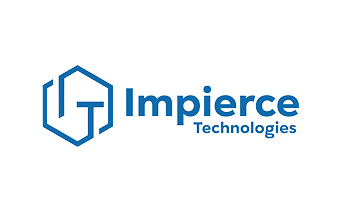






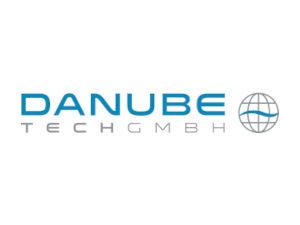
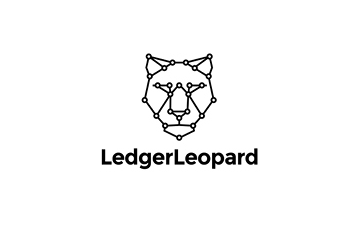




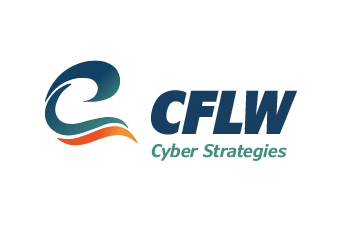

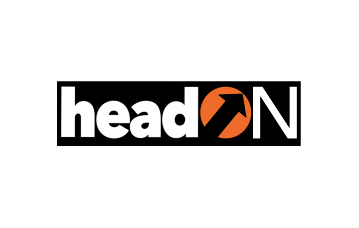



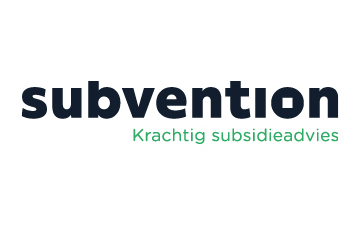











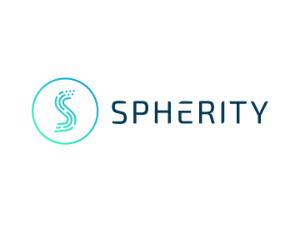











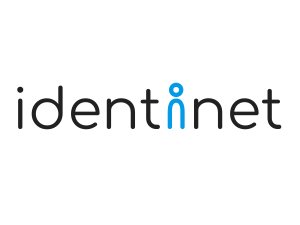




Ratify the FIDES Manifesto today!
A free, non-binding way to express your support as an individual person or as an organization.
Victor van der Hulst handing over the FIDES Manifesto to Barbara Kathman, Chair of the Digital Affairs committee of the Dutch Parliament
